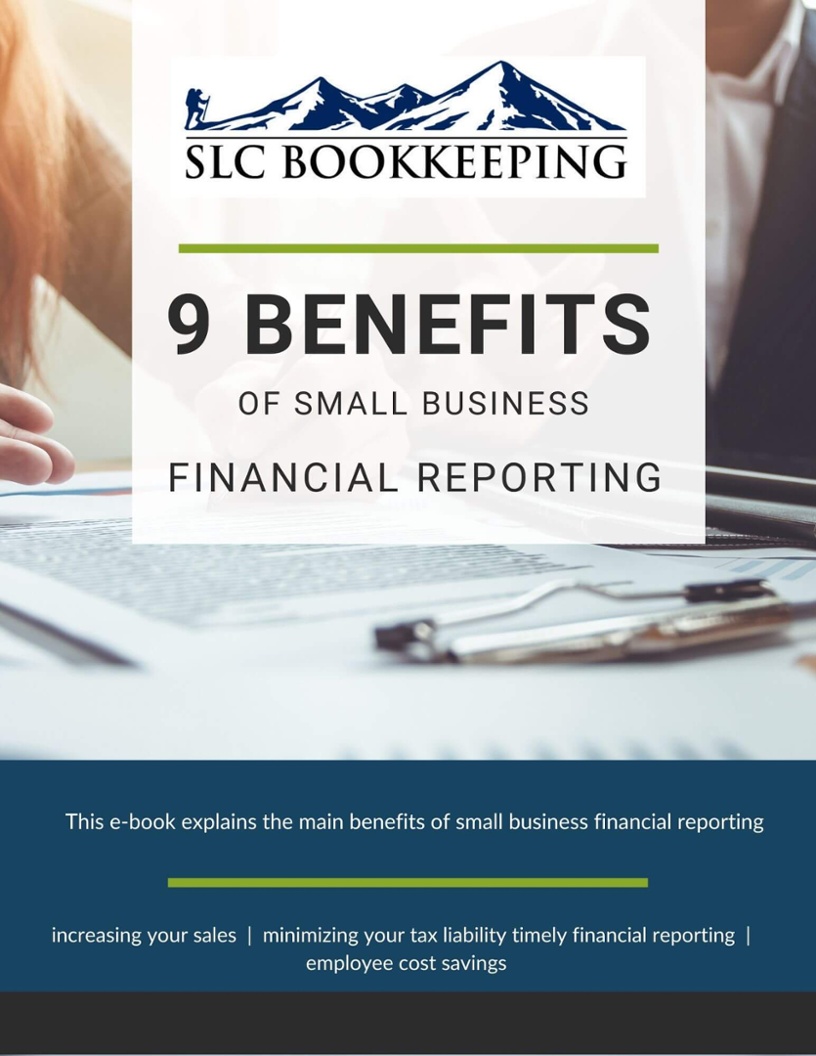Why Your Financial Forecast Is Your Most Valuable Business Tool
 Many business owners struggle to find value in bookkeeping. Small business owners often look at their bookkeeping as a nuisance or a means to an end, i.e., for filing their taxes. Since they don't see value in their bookkeeping, they develop a negative attitude toward it. However, there is a lot of value in a good bookkeeping system and a financial forecast is your most valuable business tool.
Many business owners struggle to find value in bookkeeping. Small business owners often look at their bookkeeping as a nuisance or a means to an end, i.e., for filing their taxes. Since they don't see value in their bookkeeping, they develop a negative attitude toward it. However, there is a lot of value in a good bookkeeping system and a financial forecast is your most valuable business tool.
Accurately Predicts The Future
A good financial forecast is valuable because of how accurately it can predict the near future. Long-term sales forecasts and budgets are tougher to accurately predict because they look too far out into the future. This brings up a great question: What is the difference between a budget and a forecast?
A budget is typically developed for a longer period; usually a year or more at a time. At first, your budget and forecast should be the same. The key difference is that a budget remains the same once it's been developed and a forecast changes as the actual financial activity takes place each month.
Forecasts tend to be more accurate and therefore more useful because they are updated often. We typically recommend that at the close of each month, you re-forecast the next two to three months based on what occurred in your business. You should also consider what income and expenses you are likely to have in the next few months based on the knowledge you have gained.
Allows Critical Pivots
Accurate financial forecasts allow you a glimpse into the financial future of your business. If a forecast is done right, it enables you as a business owner to make key business pivots based on your predictions. This is why, as a business owner, I find more value in the financial forecast than any other report we analyze on a monthly basis.
A good financial forecast really helps you keep the business on track toward your goals and validates your business decisions. As an example, if you feel that you need to hire some additional help for your business, put the costs into your forecast to make sure you can actually afford the help. The forecast will allow you to see potential problems with expenses and allow you to make the necessary adjustments to keep things on track. Additionally, you should compare your sales forecast to your budget to make sure you are on track with your long-term plan.
In summary, the forecast allows you to make strategic business moves to keep you on track with your goals and it validates decisions.
Fueling Growth
Your financial forecast should fuel the growth of the company. By constantly setting sales and expense goals, you create an accountability tool for your business team. As I said earlier, you should be reviewing and reworking your forecast at the close of each month. This keeps your team updated on your progress and also gives them a road map to what is expected of them.
Rather than just doing the best you can and seeing what happens, your forecast ensures that your business performs as well as it possibly can.
Do you want to see how a financial forecast can help grow your small business?
Photo Credit: Canva


Comments